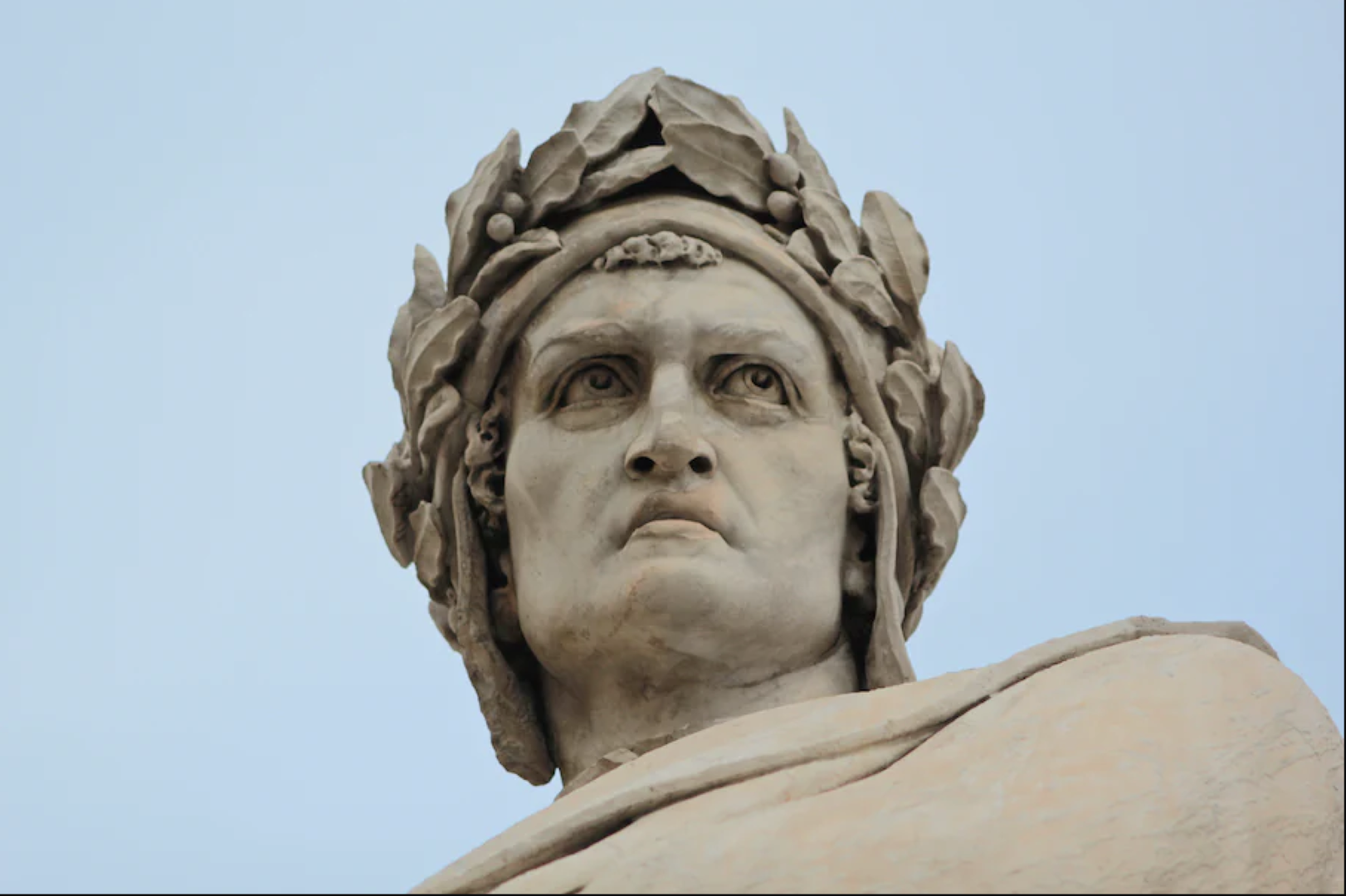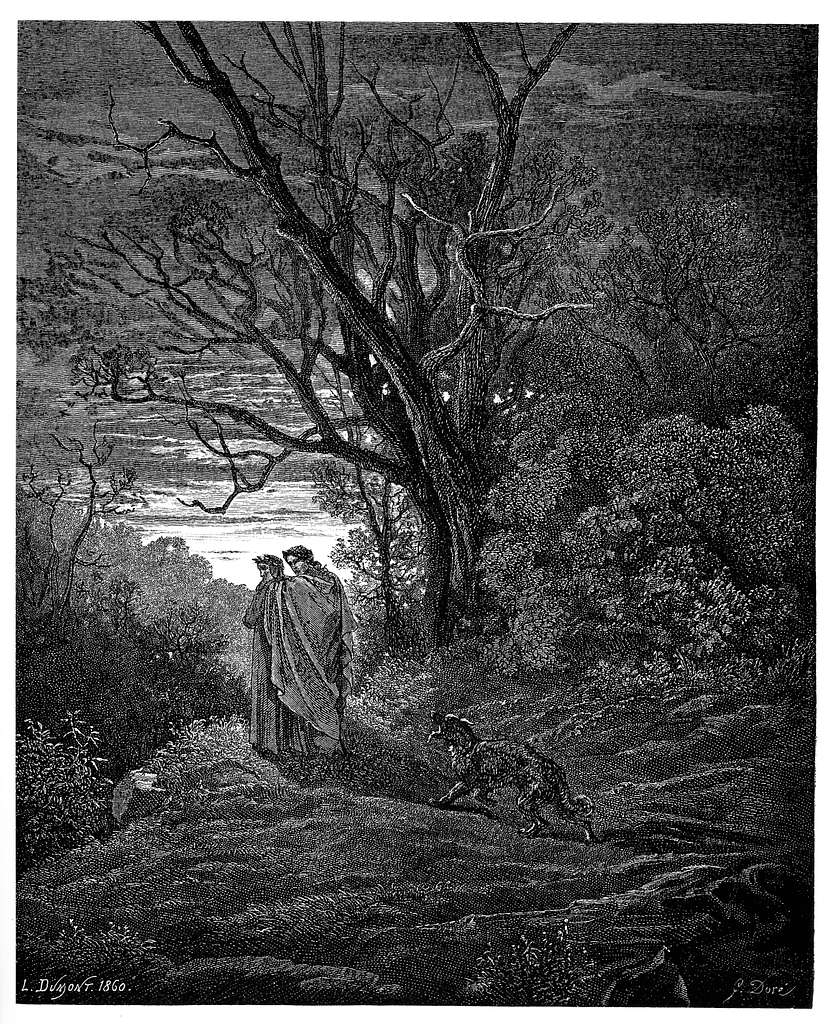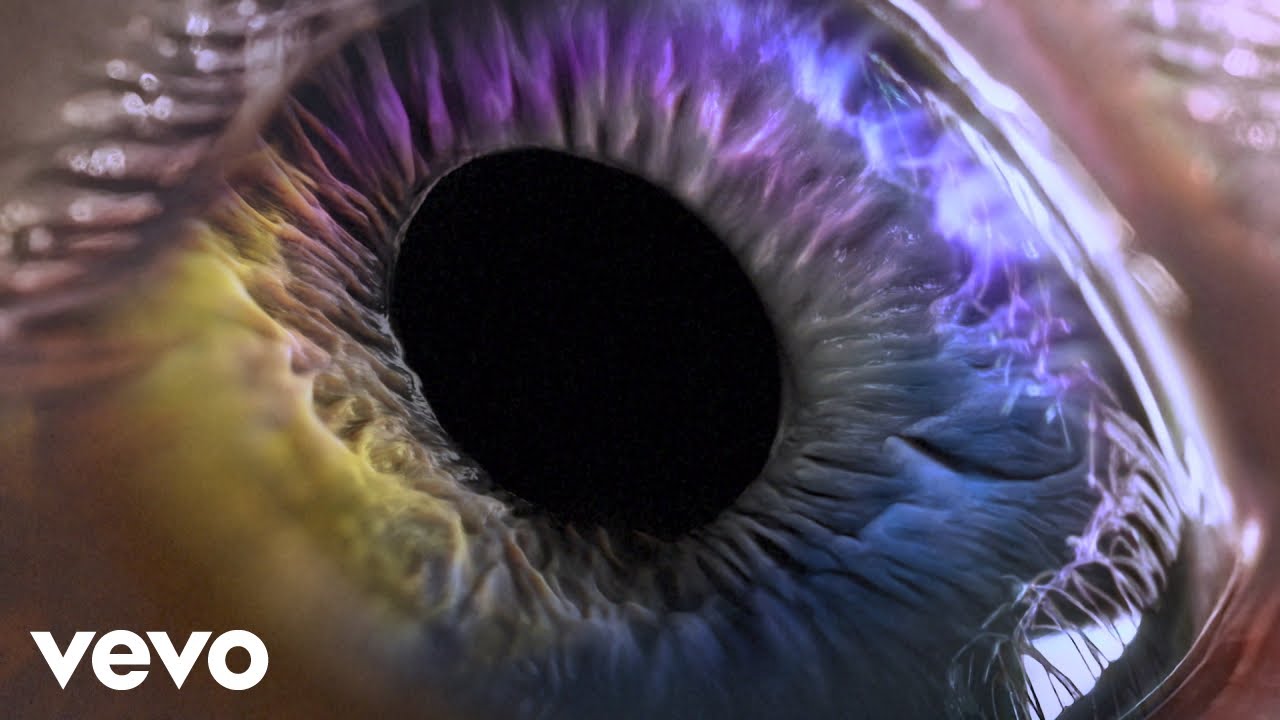“Most people think of Dante’s [The Divine Comedy] as a medieval literary artifact, a classic more admired than read. Believe it or not, it’s the greatest self-help book of all time.
“Two years ago, lost in a serious personal crisis, I stumbled upon the Commedia, as it is called in the original Italian, while browsing in a bookstore. I’m not much of a poetry reader, and Dante’s 14,000-line work is the last place I would have thought to look for life coaching.
[. . .]
“All of us will find ourselves in a personal dark wood at some time in our lives. Here are Ten Commandments from the epic poetic trilogy that includes Inferno, Purgatorio and Paradiso that can help us find our way out.
[. . .]
“1. Be honest with yourself about your failings, 2. Do not make wealth and accomplishment the measure of your success, but rather virtue and compassion, 3. Cultivate humility and gratitude, 4. Harmony is more important than equality, 5. Acknowledge limits, and live by them, 6. Reconcile yourself to the truth that some questions can never be satisfactorily answered, 7. Think of sin as a failure of love, 8. Master your passions, or they will master you, 9. Don’t mistake icons for idols, 10. Follow trusted teachers and mentors” —Rod Dreher, “10 commandments for a successful life, according to Dante,” Washington Post, April 6, 2015 (retrieved March 6, 2024)





